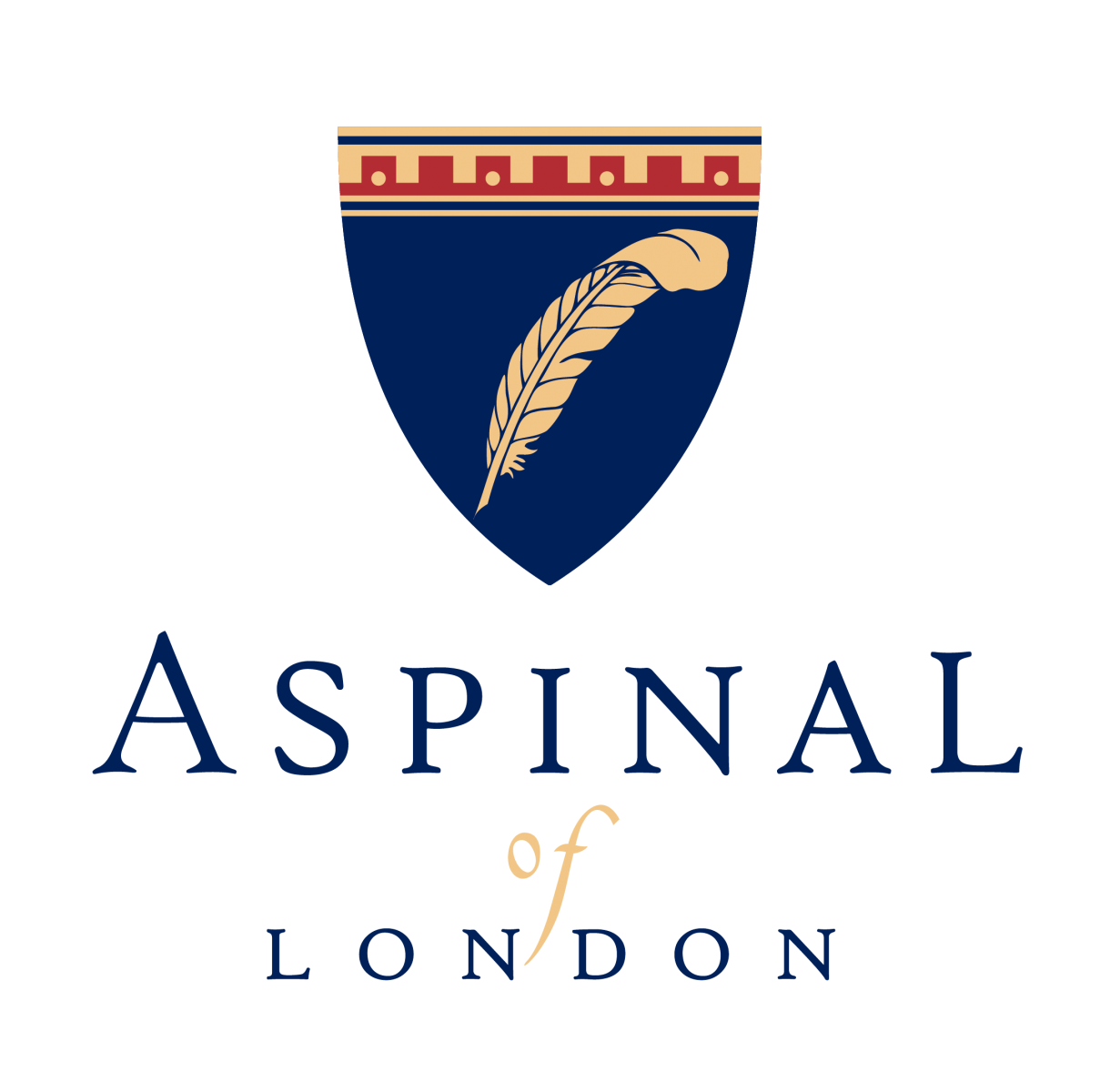We would like to wish all our patients old and new A Merry Christmas. We look forward to seeing you all in the New Year.
If you have an urgent eye problem, please contact 111.
If you wish to leave us a message, we will get back to you when we reopen.
You may also leave us a non urgent message here.






